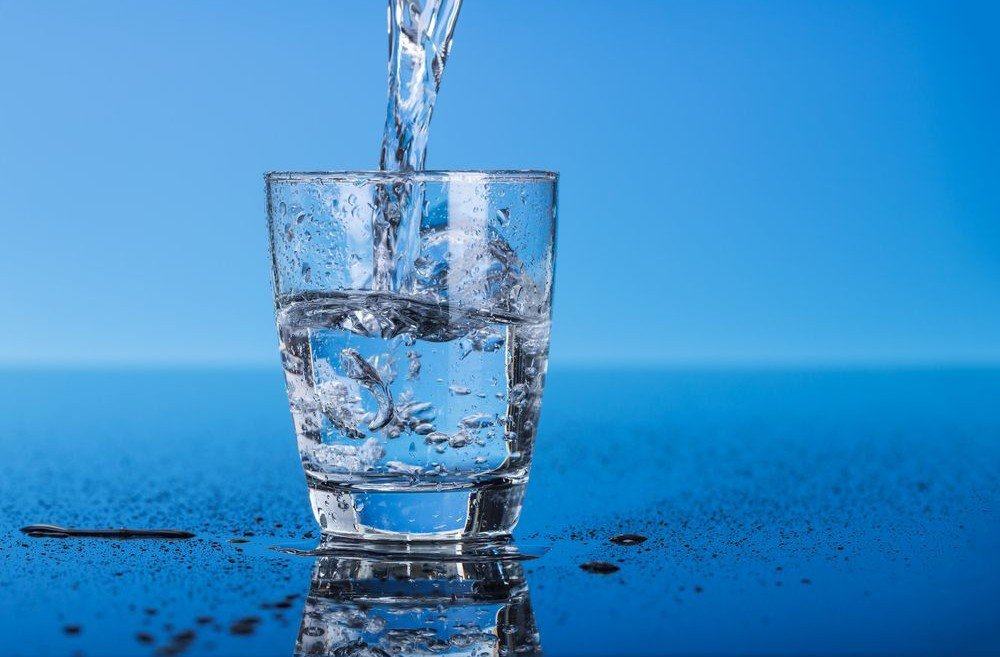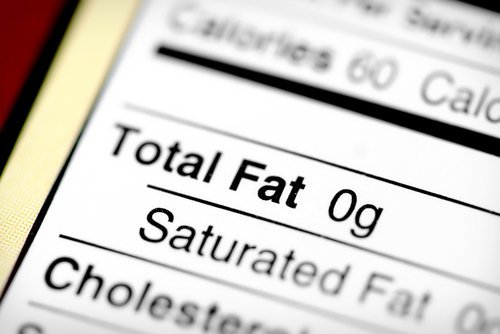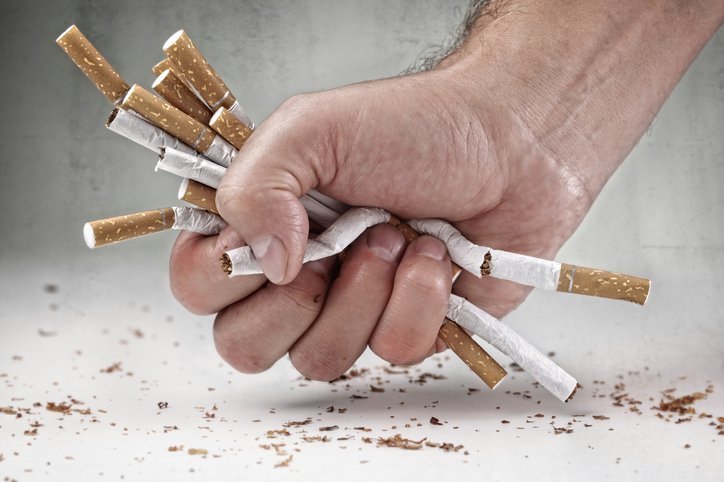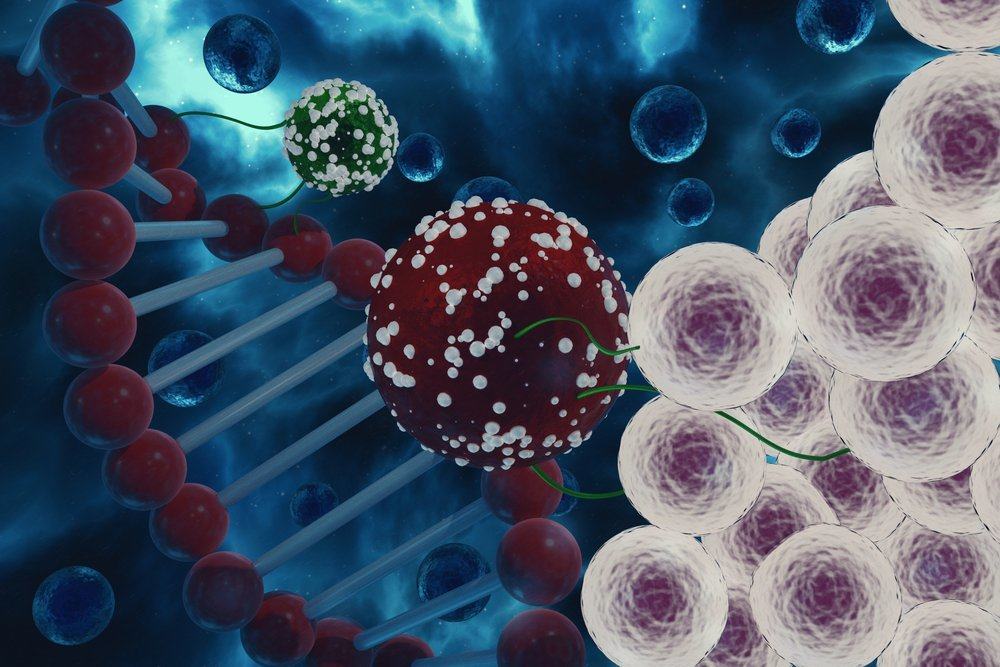Contents:
- Medical Video: 10 Warning Signs Your Heart Isn't Working Properly
- White skin is not a determinant of how good a person's health condition is
- Dark skin is more youthful
- How healthy is your skin?
- 1. Evenly colored skin
- 2. Skin feels smooth
- 3. Moist skin
- 4. Suspicious symptoms do not appear
Medical Video: 10 Warning Signs Your Heart Isn't Working Properly
Smooth and clean white skin is still a standard benchmark for assessing how beautiful or attractive someone is. So it is not surprising if almost everyone becomes a victim of advertising and is desperately trying to whiten his skin with a variety of skin whitening products. Many also think that people with white skin are generally healthier because they always do maintenance. But in fact this is not the case. Not necessarily white skin is healthier than darker skin color.
White skin is not a determinant of how good a person's health condition is
Human skin color can vary from very pale to very dark. This color variation comes from a combination of sun exposure and how much and what kind of skin pigment is called melanin. Like many other properties, the amount and type of pigment in your skin is controlled by genes. Each of these genes works together to create the final product - your skin color.
There are two types of melanin - eumelanin and pheomelanin. Most people who have white or very pale skin like those in caucasian races, or who we often know as "Caucasians", have more pheomelanin, which produces lighter skin tones. Whereas in many Asian races with brown skin, it is eumelanin more.
In short, the more eumelanin on your skin, the darker your skin color will be. People who have more pheomelanin will have a more pale and speckled skin tone (freckles).
But, the darkness of skin color cannot be used as a benchmark for how healthy a person is. This is also not a determinant of whether your skin is healthy and maintained or not. If white people become a health benchmark, then what about those who are born with dark skin because they have different genetic makeup? Because the dark skin they have is just as normal as those who have white skin. But indeed, people with dark skin have a lower risk of developing skin cancer than people who have white skin.
Dark skin is more youthful
"Dark-skinned people have more melanin in their skin that protects them from the sun," said dermatologist Monica Halem, MD, from Columbia University, quoted fromwebmd.com. An ethnic African with jet black skin, for example, does not feel the effects of premature aging from solar radiation as severe as Caucasians in general who have paper-white skin.
Ultraviolet (UV) radiation is a major environmental factor that affects the function and survival of various types of cells, and is considered to be a major factor in skin cancer such as base cell carcinoma, squamous cell carcinoma, and malignant melanoma. Pigmentation on the skin is believed to protect against this adverse effect, because melanin has antioxidant properties and antidotes to free radicals. Many research evidence shows that people with darker skin have a far lower incidence of skin cancer compared to white people.
Collagen also plays a role in fighting premature aging. While melanin absorbs UV radiation and protects the skin from the inside, collagen is a molecule that forms skin tissue that acts to protect against disease and injury. The thicker the skin and the more melanin it contains, the better the protection of the aging process, including the appearance of wrinkles and fine lines. Therefore, people who have darker skin often look younger than pale-skinned people.
Even so, dark skinned people are not fully guaranteed from sun damage. Therefore, it is important to always use a moisturizer rich in vitamins E and C, and a SPF-30 minimum sunscreen every time you go outdoors, even for those with dark skin.
How healthy is your skin?
The dark light of skin color cannot be used as a health standard or also a standard of one's worth. Regardless of what color your skin is, what is more important is having healthy and well-maintained skin. The following are characteristics of healthy skin:
1. Evenly colored skin
Some studies show that many people are more interested and like to see skin with even and consistent colors. There are no spots or blemishes that are usually caused by sun exposure.
2. Skin feels smooth
Skin with a smooth surface proved to be more attractive than those who didn't. If you look at your skin, try checking whether the surface of your skin is smooth or rough and uneven? If your skin is white, but has a rough surface, the sign is your skin is not as healthy as you might think. Rough skin can be caused by blackheads, pimples, fine wrinkles, and sores.
3. Moist skin
Moist skin shows that you have treated your skin well. Conversely, dry skin can be a sign that your skin is unhealthy and 'thirsty'.Dry skin is usually scaly. This is usually caused by rarely drinking water, rarely eating vegetables and fruit, and not getting used to using sunscreen.
4. Suspicious symptoms do not appear
If you have healthy skin, you will very rarely feel itching, burning, or other discomfort in the skin. It can, itching arises due to an infection or fungus that grows on the skin. Healthy skin also does not reveal the characteristics and symptoms of skin cancer.
So, it doesn't matter if you have white, straight yellow, brownish, brown, even black. As long as your skin meets the above criteria, you have healthy skin.












